Table of Contents
Quality Service Guarantee Or Painting Free

Get a rental agreement with doorstep delivery

Find the BEST deals and get unbelievable DISCOUNTS directly from builders!

5-Star rated painters, premium paints and services at the BEST PRICES!
Loved what you read? Share it with others!
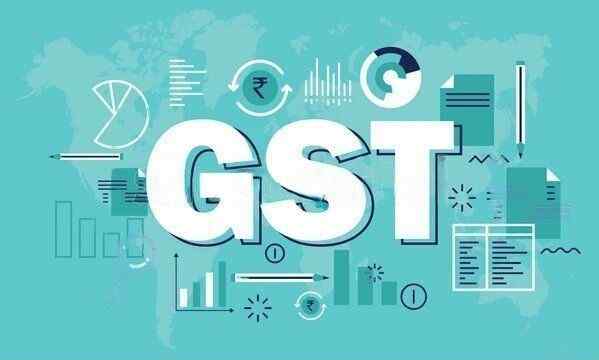

Submit the Form to Unlock the Best Deals Today
Help us assist you better
Check Your Eligibility Instantly

Experience The NoBrokerHood Difference!
Set up a demo for the entire community
Offences and Penalties Under GST
Table of Contents
The GST regime prescribes strict penalty provisions to deal with tax offenders who indulge in corrupt GST practices. If you are a taxpayer registered to GST, you must be aware of the offences and penalties under GST that can be imposed upon you under different scenarios.
Major Offences and Penalties under GST

Section 122 to Section 128 of the CGST Act prescribes the offences and corresponding penalties for different GST violations. 21 offences are prescribed under the GST. Here are some of the major offences –
1. Not Registering under GST
If you are running a business in India, you are a ‘taxable person. It is mandatory to register under GST. If you have not registered, it is considered an offence.
Quality Service Guarantee Or Painting Free

Get a rental agreement with doorstep delivery

Find the BEST deals and get unbelievable DISCOUNTS directly from builders!

5-Star rated painters, premium paints and services at the BEST PRICES!
2. Supplying Goods or Services without an Invoice or Issuing a False Invoice
An Invoice is a commercial document that a seller issues to a buyer. It is considered an indication or proof of the sale transaction and it will contain the terms and conditions of payments and the agreed-upon prices. In the case of sales that are exempt from tax, the service provider should give a Bill of Supply in place of a Tax invoice.
The seller must supply an invoice (or a Bill of supply) along with the supply of the Goods/Services.
Issuing an invoice using the GSTIN of another Bonafide taxpayer is also an offence.
3. Submitting False Information while Registering for GST
You are expected to submit accurate information while registering for GST. Abstain from forging documents as it will cause you a lot of trouble.
4. Obtaining Refunds by Fraud
Obtaining Refunds using fraud is an offence. The Deliberate suppression or misreporting of sales information to evade tax is a separate serious offence.
5. Opting for GST Composition Scheme If you are Ineligible
The GST composition scheme is a special GST levying method designed for smaller taxpayers with a turnover of fewer than ₹75 Lakhs. This is intended to make it simpler and easier for smaller taxpayers.
The GST laws also prescribe who can and cannot opt for the composition scheme. For instance, Tobacco, Pan Masala and Ice Cream manufacturers cannot opt for the GST composition scheme. Nor can a person make inter-state supplies or businesses which supply goods through an e-commerce operator.
If you were intending to make use of this scheme even if you are not eligible, we would warn you against it, as it would get you in trouble with the law.
Search and Seizure Under GST

If you are a business owner, the police or any other Government authority Section 67 of the CGST Act prescribes rules regarding search and seizure. The law also prescribes safeguards against arbitrary search. The rules are as follows.
- A search and seizure under GST can only be carried out under the authorisation of an officer who was below the rank of Joint Commissioner.
- The search and seizure can be conducted if the officer has a reason to believe that the business has Goods that may be relevant to any proceedings hidden in the building.
- The documents or objects that are seized can only be retained for the time required for examining, enquiring or conducting the proceedings and should be returned within 30 days from the issuance of the show cause notice.
- A notice of the seizure of goods should be produced by the authorities within six months. If a notice of this kind has not been issued, all the seized goods have to be returned.
- Search and seizure should be carried out as per the provisions of the Criminal Procedure Code,1973(CrPC) Any seizure should be made in the presence of two or more independent witnesses and a record of the entire proceedings should be made and forwarded to the Commissioner.
Inspection under GST
Inspection is similar to search and seizure but considered a softer provision.
The inspection is a physical process of checking facts or evidence about the person's business transactions.
It enables officers to access
- any place of business belonging to a taxable person
- Vehicle or warehouse or godown of a person engaged in transporting goods.
Interception and Inspection of Goods in Transit
The GST laws also lay down clear guidelines regarding the inspection of goods in transit. Only an officer authorised by the Jurisdictional Commissioner can intercept and inspect vehicles that transport goods inside or between states.
Interception of Goods in Transit
If your goods are intercepted, the person in charge of the goods and how they are being transported must show documents about how the goods are being transported. The authorities who have intercepted the goods may request the following documents
- E-way bill
- GST invoice
- Delivery Challan.
E-way Bill Number Verification
The officer can easily verify the documents produced and the e-way bill number electronically. The verification will be done using one of the two methods
- You can log into http://mis.ewaybillgst.gov.in to verify
- You can use the Mobile app.
- Send the SMS EWBVER to 77382 9989.
If the taxpayer can provide all the required documents, then the officer will release the goods.
Inspection of Goods in Transit
If you are transporting your goods and the Government officials request documents and one of the following happens
- You are not able to produce the documents requested by the officials
- There is some discrepancy in the documents,
The officer can inspect your goods once they record the statement of the person in charge of the conveyance, following which they can inspect the goods. The statement has to be recorded on GST Form MOV-01 before they can inspect the goods.
Compounding of Offences Under GST

Section 138 of the Central Goods and Services Tax Act, 2017 details the provisions for compounding of GST offences.
As per the Act, an offence can be compounded by the GST Commissioner.
The Commissioner can compound offences before or after the institution of prosecution. Compounding an offence can only be done upon payment of the compound amount.
The minimum penalty amount that is payable for GST under compounding of offence is the higher of the following
- 50% of the tax involved or
- ₹ 10,000.
The maximum amount payable under compounding of offence is the higher of the two
- 150% of the tax involved or
- ₹ 30,000.
If you want to request the compounding of the offence, you can do it before or after the prosecution has been instituted. You have to fill out Form GST-CPD-01, and the application has to be submitted to the commissioner.
If the commissioner is satisfied with the full and true disclosure, the commissioner can issue an order in Form GST CPD-02. If the commissioner is not satisfied, they may reject the same. But the commissioner is required to allow the applicant to be
Prosecution Under GST

Here are some of the offences that would lead to prosecution under GST Laws
- Supplying goods and services without a proper GST invoice.
- Issuing false invoices.
- Availing fraudulent GST
- GST Tax evasion,
- Dealing with Goods that can be confiscated by the Government
Punishment for GST Offences
Generally, the penalty and punishment for GST offences are as follows
- Tax evasion exceeding ₹5 Crore – 5 years imprisonment and fine.
- The Repeated offence of ₹ 250 Lakh – 5 years of imprisonment and fine.
- Record Tampering, Obstructing an Officer, Tampering Records, Record Falsification – 6 months imprisonment.
How Can NoBroker Help
GST is an innovation in the Indian Taxation System, and so it has evolved over the years. It can be difficult for a businessperson to keep track of the changes. At the same time, GST and its processes may be intimidating to someone who is unfamiliar with business processes and taxation.
Don't worry, NoBroker Legal Services will take care of all your legal needs related to the GST process.
You can reach the NoBroker Legal Services team at +918068530745. You are guaranteed the lowest prices and top-tier services. Contact NoBroker Legal Services now and put an end to your GST-related worries.

FAQs
The technicalities regarding delayed filing are specified in Section 47 of the GST Act. For each day of late GST filing, a fine of $50 is added.
Yes, you can be jailed for GST-related offences. A person can be imprisoned for a maximum of five years. Except for offences involving more than 5 crores, all offences are non-cognizable and bailable.
The government can waive GST penalties partially or fully. They can waive late fees or fines, on the recommendation of the GST Council
To pay the GST penalty,
login to the GST Portal,
Access the generated challan from Services > Payments> Challan History.
A list of Challans along with their creation date and the amount will be displayed.
Click on the Challan number for which you have to pay.
Select your mode of payment, and make your payment.
To avoid GST penalties,
Ensure that you are fully aware of legal guidelines that are to be followed while filing GST, Input tax credit etc. Consult legal experts when in doubt.
abstain from unscrupulous attempts to evade tax payments.
Ensure that accurate invoices are generated and issued promptly.
Recommended Reading

How to Register a Company in India: A Step-by-Step Guide
January 31, 2025
14550+ views
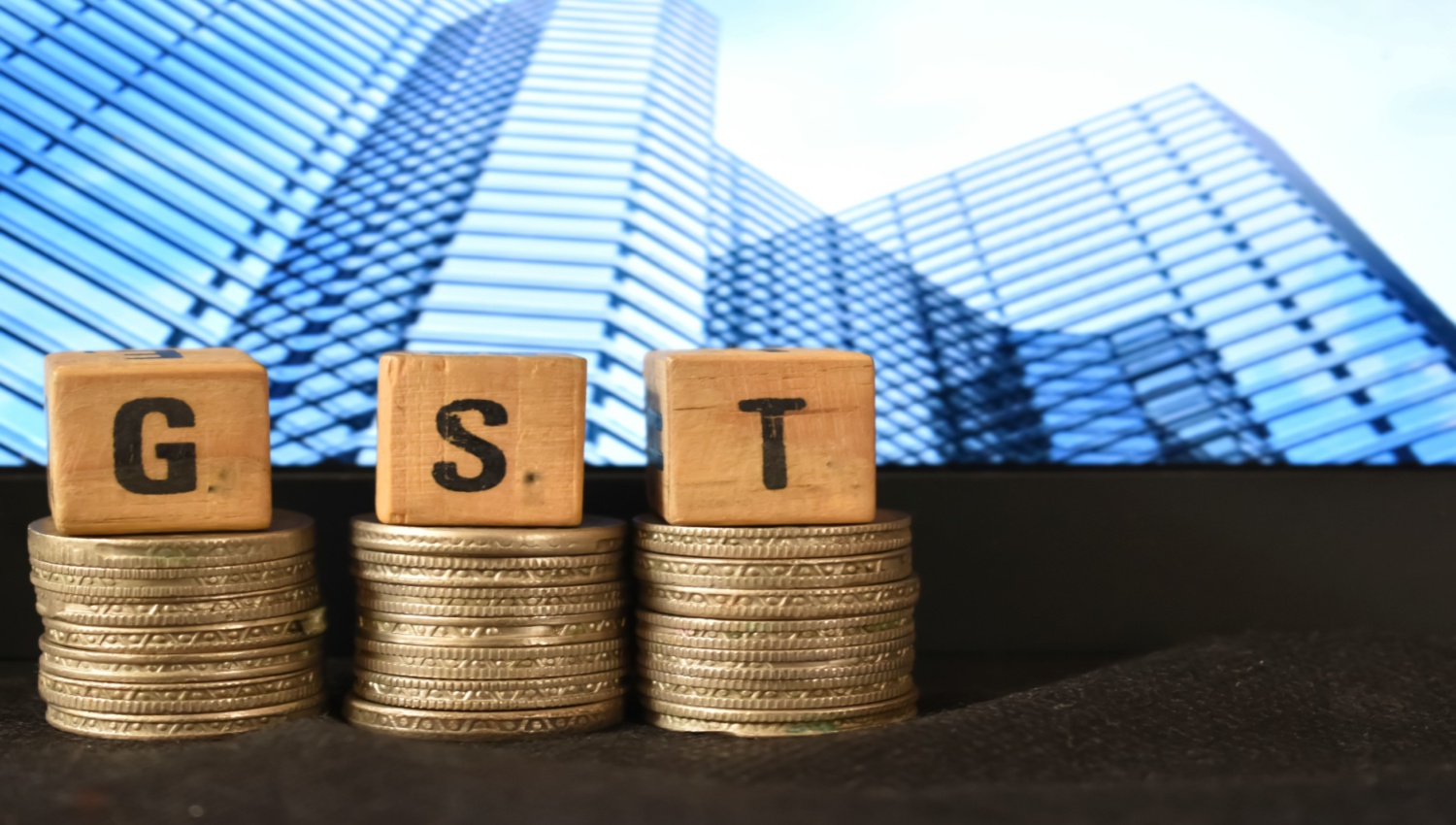
GST on Flats Below 45 Lakhs: Everything You Need to Know
January 31, 2025
2070+ views
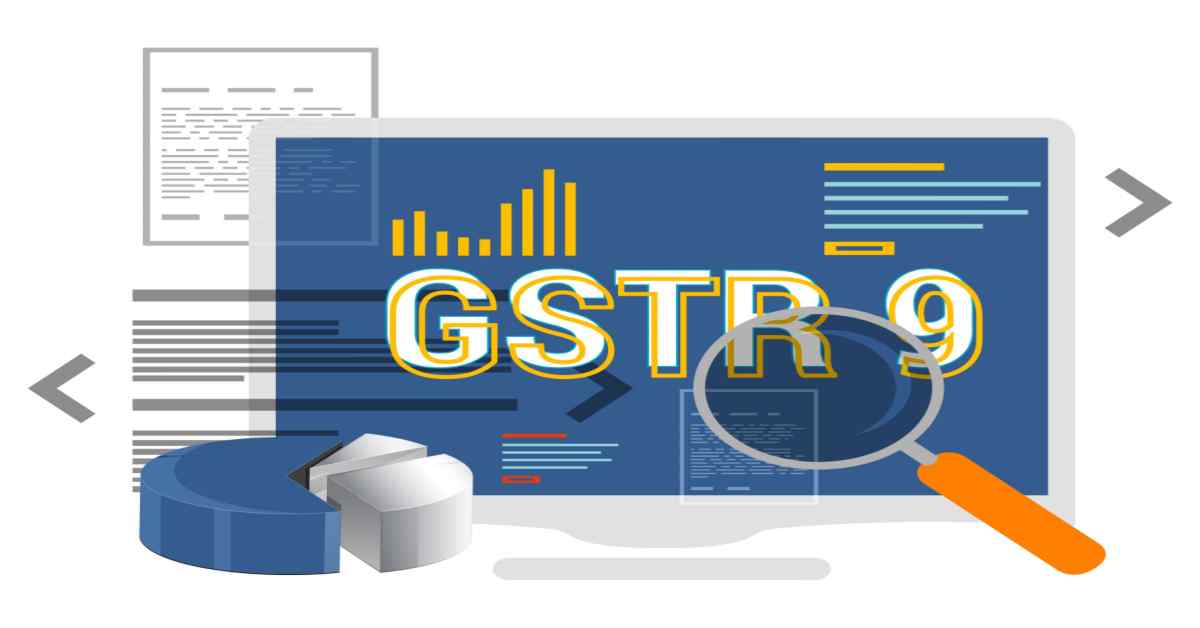
Getting Started with GST – How to Register for GST and File your GST Returns.
December 2, 2022
4466+ views

GST Laws - All You Need to Know
December 2, 2022
8572+ views
Loved what you read? Share it with others!
Most Viewed Articles

Franking Charges Explained: Meaning and Benefits
January 31, 2025
1047495+ views

What is the BBMP E-Khata Registration process for property owners in Bangalore, Karnataka in 2025?
February 5, 2025
92471+ views

Supreme Court Verdict on Society Maintenance Charges
January 31, 2025
75976+ views
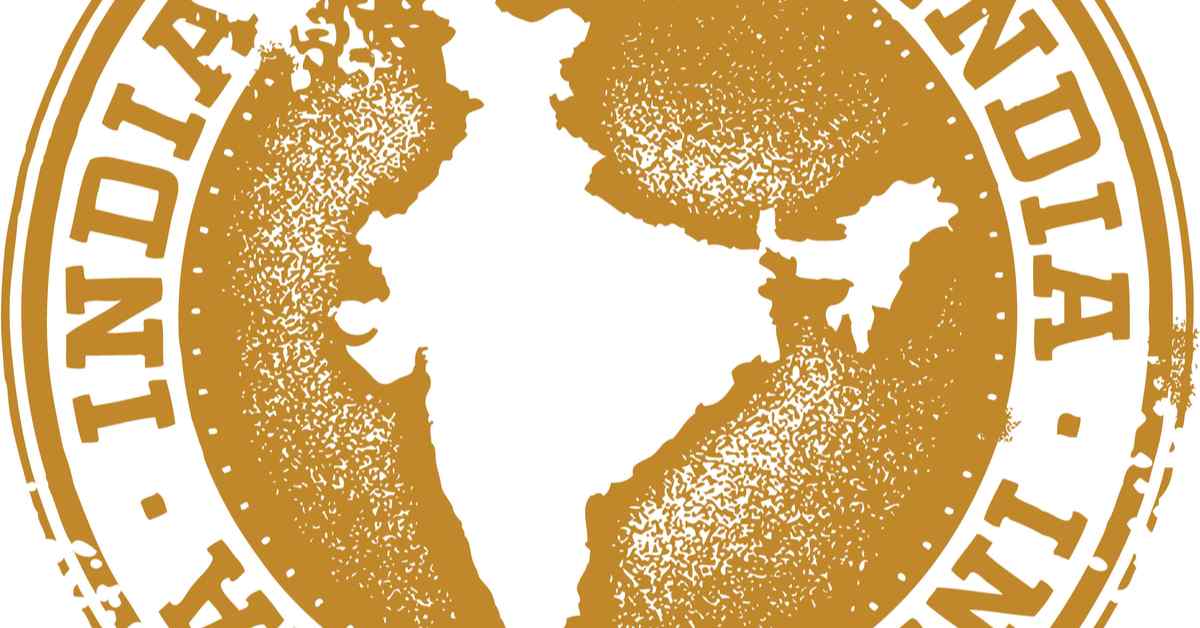
All You Need to Know about Revenue Stamps
January 31, 2025
63643+ views
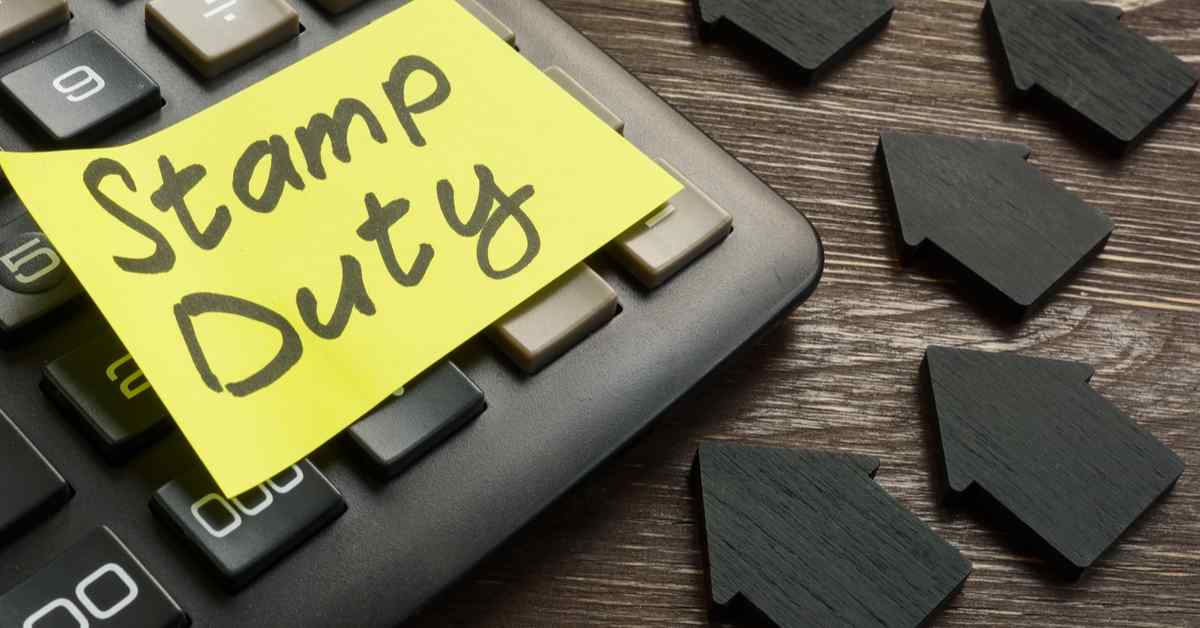
Stamp Duty and Registration Charges in Bangalore in 2025
January 23, 2025
55873+ views
Recent blogs in
e-Aasthi BBMP: Search Property Details, Download Certificates, and Check Status Online
February 5, 2025 by Suju
What is the BBMP E-Khata Registration process for property owners in Bangalore, Karnataka in 2025?
February 5, 2025 by Suju
How to get Non-Encumbrance Certificate Online and Offline: Download and Check Status 2025
February 5, 2025 by Vivek Mishra
Simple Introduction to Indian Property Tax
January 31, 2025 by NoBroker.com
Sales Agreement: Process, Format and More 2025
January 31, 2025 by Vivek Mishra




Join the conversation!